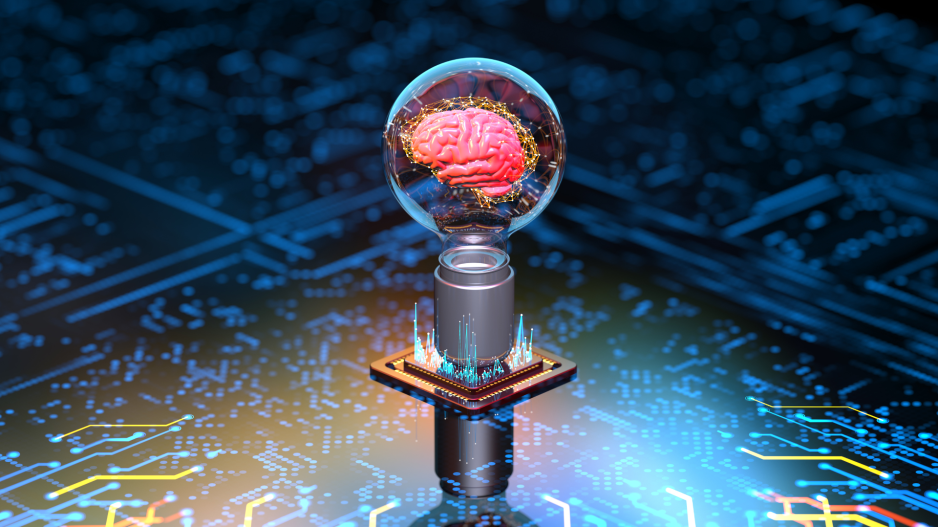Technologies That Will Change How You Work By 2030
While These Technologies Promise To Enhance Efficiency And Open New Opportunities, They Also Require New Skills And Adaptations
As we approach the next decade and with the year 2030 not just a distant point in the future, the pace of technological innovation continues to accelerate, bringing transformative changes that will redefine the very nature of work. Emerging technologies in artificial intelligence (AI), quantum computing, and virtual reality (VR) are poised to revolutionize various industries, enhancing productivity, and reshaping career landscapes.
According to numerous research reports and technological forecasts, several key innovations will play pivotal roles in transforming how businesses operate and how individuals engage with their professional environments by the year 2030.
Artificial Intelligence (AI) is expected to lead this transformation, becoming increasingly integrated into everyday business operations by 2030. AI-powered algorithms and machine learning systems are already revolutionizing industries such as healthcare, finance, and retail by automating repetitive tasks, predicting consumer behavior, and optimizing operational efficiency. As these technologies evolve, AI is set to augment human capabilities across various sectors, enhancing decision-making processes and enabling more personalized customer experiences.
A report by McKinsey Global Institute suggests that AI and automation could potentially increase global productivity by up to 1.4% annually, driving significant economic growth and reshaping job roles to prioritize skills in managing AI-driven systems and interpreting data insights.
Personalized experiences in the workplace through AI are poised to redefine employee engagement and productivity by 2030. AI-driven systems can tailor learning and development programs to individual needs, enhancing skills and career growth. Virtual assistants powered by AI will streamline administrative tasks, allowing employees to focus on high-value projects. Moreover, AI can analyze employee data to personalize work environments, from adjusting lighting and temperature preferences to optimizing task assignments based on performance metrics.
Automation and robotics are poised to profoundly impact the workforce by 2030, driven by advancements that promise to revolutionize industries globally. According to a report by the World Economic Forum, automation could potentially displace 85 million jobs globally by 2025, while simultaneously creating 97 million new roles, emphasizing the transformative nature of these technologies.
In manufacturing, automation has already demonstrated its potential to enhance efficiency and reduce costs. Moreover, automation is not limited to traditional manufacturing sectors. In logistics and warehousing, autonomous guided vehicles (AGVs) and robotic arms are becoming integral to streamlining operations. The adoption of these technologies is driven by their ability to improve accuracy, reduce error rates, and optimize supply chain management processes. According to a report by Deloitte, investments in robotics and automation technologies are expected to grow substantially over the next decade, with implications for industries ranging from healthcare to agriculture.
Predictive analytics is set to revolutionize industries by 2030, enabling data-driven decision-making and competitive advantage. Organizations using predictive analytics can achieve significantly higher sales and profitability, while in sectors like finance and marketing, it can drive personalized marketing and pricing strategies, with the market expected to exceed $12 billion by 2024 (IDC).
Healthcare is another sector poised to benefit significantly from predictive analytics. By analyzing patient data and medical histories, healthcare providers can predict disease outcomes, personalize treatment plans, and improve patient outcomes. A study by Frost & Sullivan forecasts that predictive analytics in healthcare is anticipated to rise at a 7.5% CAGR (Compound Annual Growth Rate) from 2020 to 2027, driven by advancements in AI and machine learning algorithms. Furthermore, predictive analytics is transforming supply chain management by optimizing inventory levels, reducing lead times, and minimizing operational costs.
While still in its infancy, quantum computing holds immense potential to tackle complex computational challenges that are beyond the capabilities of traditional computers. By harnessing quantum mechanics principles, quantum computers will revolutionize fields such as cryptography, pharmaceutical research, and climate modeling. Businesses investing in quantum computing research will gain a competitive advantage, unlocking new opportunities for innovation and problem-solving on a scale previously unimaginable.
VR technology is expected to move beyond entertainment, significantly impacting the professional world by providing immersive training environments and facilitating remote collaboration, transforming how we train, collaborate, and innovate.
VR can simulate realistic work environments for training purposes, allowing workers to gain experience and practice skills without the physical risks or resource constraints associated with real-world training. By creating highly realistic, interactive environments, VR enables employees to practice skills and procedures in a safe and controlled setting. This approach not only enhances learning retention but also allows for training in scenarios that are too dangerous or impractical to replicate in the real world, such as emergency response, complex surgical procedures, or high-risk industrial operations. Moreover, VR training modules can be tailored to individual learning paces and styles, ensuring a more personalized and effective learning experience, and can be particularly beneficial in fields requiring precision and quick decision-making, as it allows learners to repeatedly practice and refine their skills.
By 2030, AI, quantum computing, and VR are expected to be deeply integrated into our work environments, transforming how we perform and manage tasks. While these technologies promise to enhance efficiency and open new opportunities, they also require new skills and adaptations. Businesses and individuals alike will need to prepare for these changes to fully leverage the benefits of these transformative technologies.






